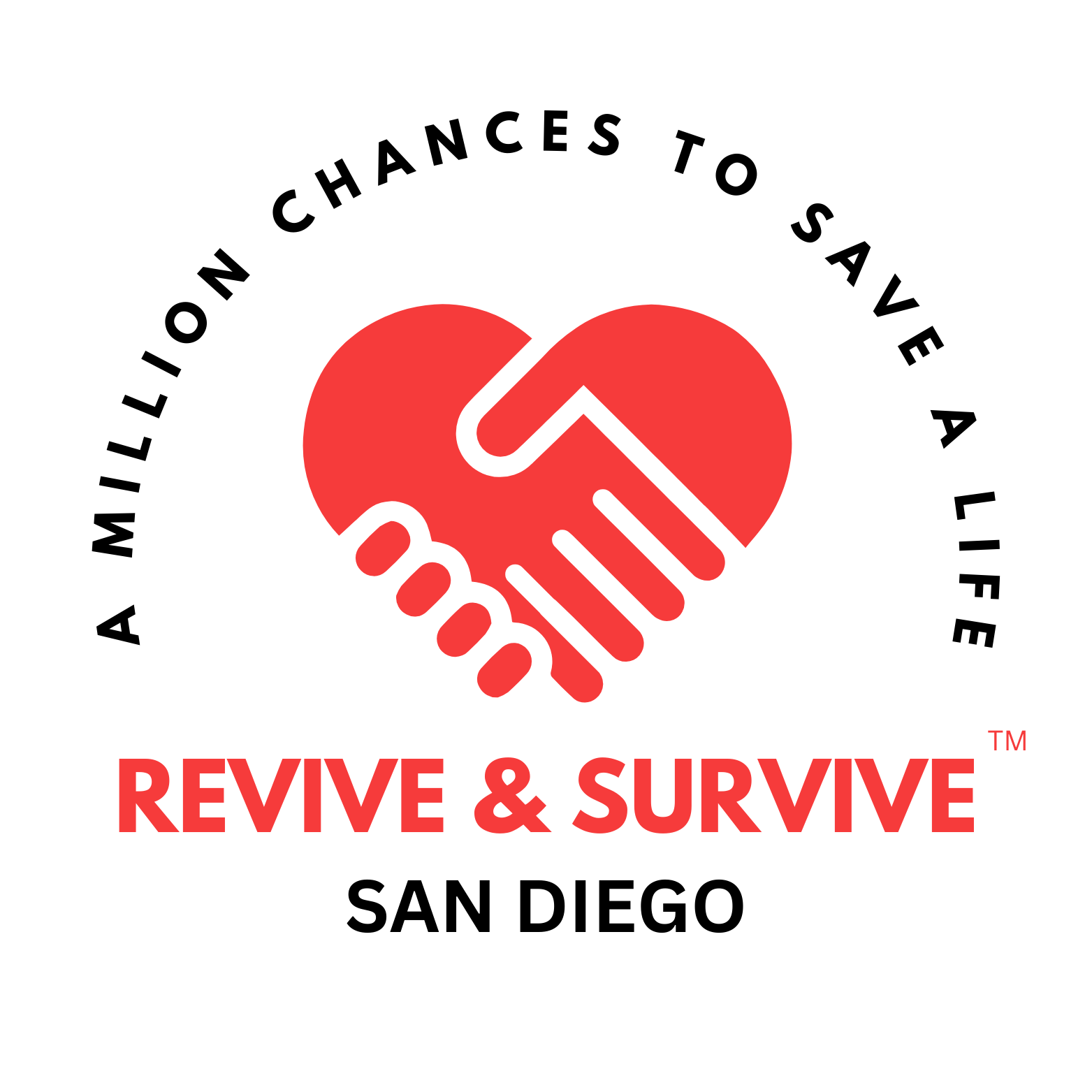When to call 9-1-1
San Diego County’s emergency access number for fire, police, or medical emergencies is ‘9-1-1’
An emergency is any situation that requires immediate assistance from the police, fire department or ambulance. Examples include:
- A fire
- A crime, especially if in progress
- A car crash, especially if someone is injured
- A medical emergency, especially for symptoms that require immediate medical attention
If you’re not sure whether the situation is a true emergency, officials recommend calling 911 and letting the call-taker determine whether you need emergency help.
When you call 911, be prepared to answer the call-taker's questions, which may include:
- The location of the emergency, including the street address
- The phone number you are calling from
- The nature of the emergency
Here are some guidelines that may help you decide if this is a real medical emergency:
A. Is the person (or you) having difficulty breathing?
- Not breathing
- Labored breathing?
- Choking?
- Wheezing or suffering from an allergic reaction (hives, redness, facial swelling)?
- Is this a drowning or near-drowning?
B. Is the person having chest pain or pressure? (Possible heart attack)
C. Is the person having severe abdominal pain?
D. Is the person unconscious?
- Was there a fall or other type of injury?
- Was there an unexplained episode of unconsciousness?
- Was there a seizure? (shaking of arms and legs accompanying the unconsciousness)
- Is the patient a diabetic?
E. Is the person dizzy or lightheaded? (Possible stroke)
- Can the person move his/her arms and legs equally?
- Is the person having slurred speech or difficulty speaking or walking?
- Is this person confused or disoriented?
F. Is there uncontrolled bleeding?
- “Pumping out” rapidly?
- Bleeding slowly but continuously oozing?
G. Is this possibly a poisoning or an overdose?
- Did the person take too many pills or other type of medication? (Including Tylenol and aspirin)
- If ingestion was unintentional and person is awake and alert, Call Poison Information at 800-222-1222.
H. Does the person appear to have a fractured or broken bone?
I. Is the person having the worst headache of his/her life?
Remember, the call-taker's questions are important to get the right kind of help to you quickly. Be prepared to follow any instructions the call-taker gives you. Many 911 centers can tell you exactly what to do until help arrives, such as providing step-by-step instructions to aid someone who is choking or needs first aid or CPR. Do not hang up until the call-taker instructs you to do so.






